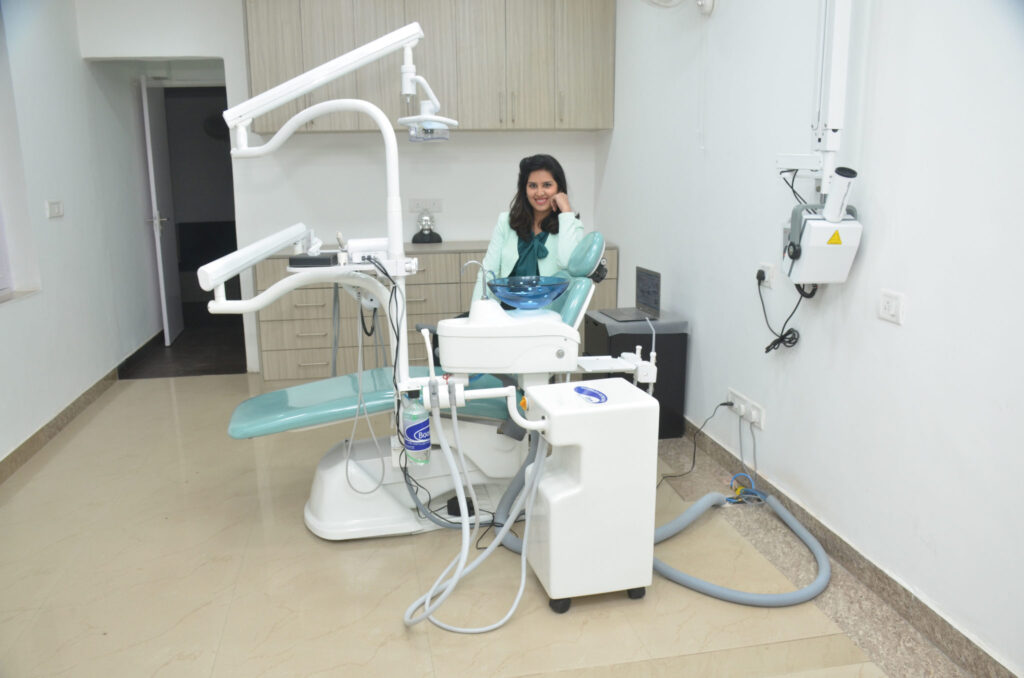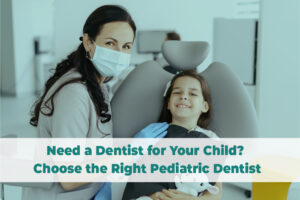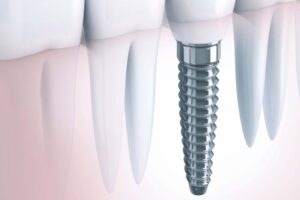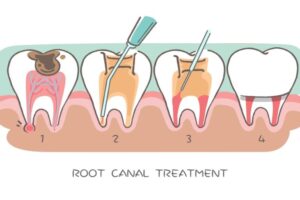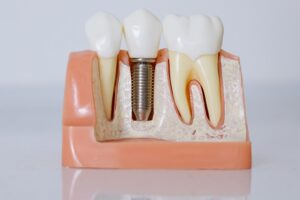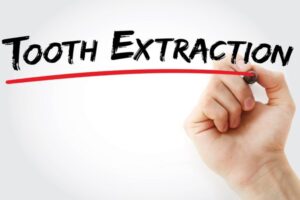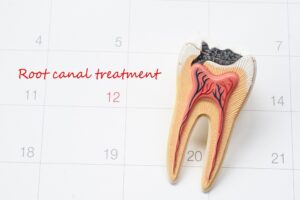A dental emergency can occur anytime and it is recommended that you be prepared with your emergency dentist’s contact details. In case of an emergency, the dentist should be the first person you call for emergency dental services and then call your family.
While there are some dental emergencies like a wound, excessive pain, broken bone, etc. that need immediate attention, in other cases like swelling after a procedure, unable to chew, etc aren’t the severe conditions. It is believed that if in case of an emergency the patient doesn’t get emergency dental services within 30 minutes of the accident or event, then the chances of saving the tooth go down considerably.
Is it a dental emergency?
Before you head to the emergency dentist, it is important to know whether the situation requires emergency dental care or not. A chipped or broken tooth, re-fixing a crown that’s come off, or getting treated for mild tooth pain doesn’t fall in the emergency category. If you’re not sure whether it is an emergency or not, try answering these questions –
- Are you bleeding from the mouth?
- Do you have severe pain?
- Is your tooth loose?
- Do you have any swelling in the mouth or facial area?
- Have you had a face or tooth injury?
- Do you have swelling, bulges, or knots in your gums?
- If you’ve answered yes to most of these questions then there is a high chance that you have a dental emergency.
- It is best to consult a dentist in case of pain or bleeding. Do not self-medicate.
Types of dental emergencies
Several problems that can be considered as a dental emergency and the most common ones are discussed below.
- Knocked-out tooth
A knocked-out tooth is a dental emergency. Make sure you pick up the tooth by the crown and not the roots and get in touch with your dentist for emergency dental services at the earliest.
- Loose tooth, or tooth out of alignment
If your tooth is loose or out of alignment, get in touch with your dentist to get it fixed.
- Chipped, fractured, or cracked teeth
If your tooth is chipped or cracked and is not hurting, the dentist will examine it and give you an appointment to replace or fix it. But in some cases, it can be serious as the damage can be caused at a deeper level. Severe fractures and broken teeth are considered emergencies.
- Tissue injury or facial pain
Any type of injury in the mouth like – puncture wounds, tears to the lips, cheeks, mouth, and tongue, and lacerations can be considered a dental emergency.
- Other dental emergencies
Any dental problem that requires immediate treatment to protect the tooth, stop bleeding or alleviate severe pain can be called an emergency. A severe infection or abscess, if not treated on time, can worsen and may lead to tooth loss.
- How to avoid dental emergencies?
Many dental emergencies can be avoided. Wear a mouthguard while playing sports or during outdoor adventure activities, avoid chewing on hard food or ice as it can cause damage to your teeth, make sure you don’t have any lost crowns or teeth. Get them fixed as soon as possible.

